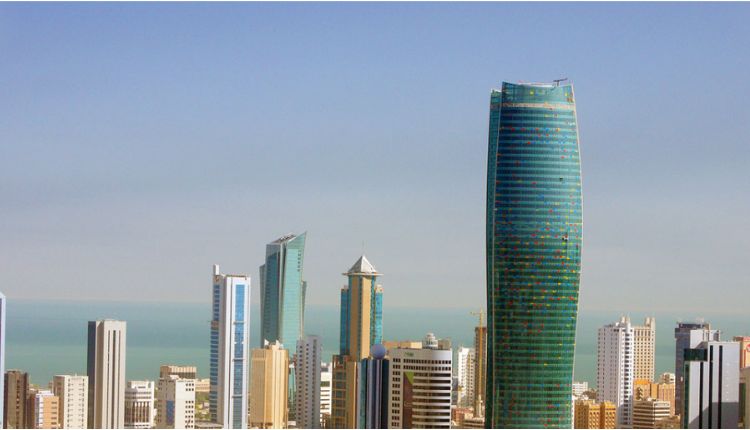Sustainability in Entertainment City: How the Business is Addressing Environmental Concerns
Entertainment City is a popular destination for tourists and locals alike, offering a wide range of entertainment options such as casinos, hotels, restaurants, and theme parks. However, with the increasing concern for environmental sustainability, the business has been forced to address these concerns and take steps towards becoming more environmentally friendly.
One of the main ways that Entertainment City is addressing environmental concerns is through the implementation of green technology. This includes the use of solar panels to generate electricity, energy-efficient lighting systems, and water conservation measures. These technologies not only reduce the carbon footprint of the business but also help to save on energy costs.
For More Information click here- 娛樂城
Another way that Entertainment City is promoting sustainability is through waste reduction and recycling programs. The business has implemented a comprehensive waste management system that includes recycling bins throughout the property and composting food waste. This helps to reduce the amount of waste that ends up in landfills and promotes a circular economy.
In addition to these measures, Entertainment City has also taken steps to promote sustainable transportation options. The business offers shuttle services for guests, reducing the number of cars on the road and promoting public transportation. They have also installed bike racks throughout the property to encourage guests to cycle instead of driving.
Entertainment City has also taken steps towards promoting sustainable tourism practices. The business has partnered with local organizations to promote eco-tourism and responsible travel practices. This includes educating guests on how they can reduce their environmental impact while visiting Entertainment City..
Sustainability in entertainment cities has become a crucial aspect of urban planning and development. The concept of sustainability refers to the ability to meet the needs of the present without compromising the ability of future generations to meet their own needs. In the context of entertainment cities, sustainability involves creating a balance between economic growth, social well-being, and environmental protection.
Entertainment cities are known for their vibrant nightlife, cultural events, and tourist attractions. However, these activities can have negative impacts on the environment and local communities if not managed properly. For instance, excessive noise pollution from nightclubs and bars can disrupt the sleep patterns of residents and harm wildlife. Similarly, large-scale events such as music festivals can generate significant amounts of waste and carbon emissions.
To address these challenges, entertainment cities are adopting sustainable practices that promote environmental stewardship and social responsibility. For example, many cities are investing in renewable energy sources such as solar and wind power to reduce their carbon footprint. They are also implementing waste reduction strategies such as recycling programs and composting facilities to divert waste from landfills.
In addition to environmental sustainability, entertainment cities are also focusing on social sustainability by promoting inclusivity and diversity. This involves creating spaces that are accessible to people of all ages, abilities, and backgrounds. For instance, some cities have implemented policies that require new developments to include affordable housing units for low-income residents.
Moreover, entertainment cities are also prioritizing economic sustainability by supporting local businesses and promoting job creation. This involves investing in infrastructure projects that improve transportation networks and public spaces. It also involves providing incentives for businesses that adopt sustainable practices such as energy-efficient lighting or water-saving technologies.
Sustainability is a critical component of entertainment city planning and development. By adopting sustainable practices that promote environmental stewardship, social responsibility, and economic growth, these cities can create vibrant communities that are resilient to future challenges. As such, it is essential for policymakers, developers, and citizens alike to work together towards a more sustainable future for our entertainment cities.
Overall, Entertainment City has made significant strides towards becoming more environmentally sustainable. While there is still room for improvement, their efforts are commendable and serve as an example for other businesses in the entertainment industry. By implementing green technology, waste reduction programs, promoting sustainable transportation options, and partnering with local organizations to promote responsible tourism practices, Entertainment City is taking a proactive approach towards addressing environmental concerns.




